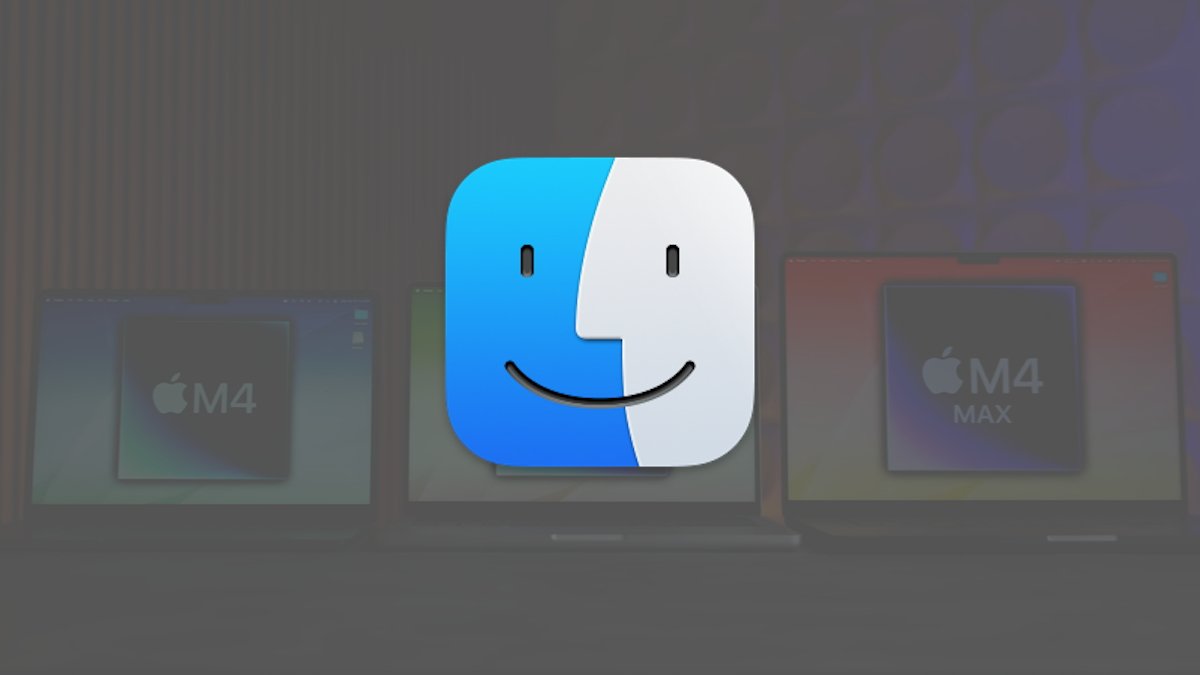“Your honor, the FTC calls Mark Zuckerberg.”
Flanked by two bodyguards, Meta’s CEO solemnly strode into a Washington, DC courtroom. Despite his last-ditch efforts to avoid a trial, he was there, jaw clenched, to defend his company from being broken up by the US government.
Shortly after he was sworn in, the Federal Trade Commission’s lead attorney for the case, Daniel Matheson, asked Zuckerberg to reflect back on when Facebook was the underdog.
“In hindsight, you’re glad you didn’t sell to MySpace?” Matheson asked.
“Yes,” Zuckerberg responded.
Over the next several hours of questioning, Matheson walked Zuckerberg down memory lane to the period just before Facebook’s $1 billion acquisition of Instagram in 2012, which the FTC claims was the first in a series of anti-competitive steps that locked out other companies. In a lawsuit that was initially filed five years ago and went to trial this week, the agency argues that Meta should be forced to spin off both Instagram and WhatsApp, which it later acquired for roughly $19 billion in 2014.
While on the stand, Zuckerberg seemed to slowly relax as he recounted major moments from Facebook’s early history, from the launch of the News Feed to the company’s rocky transition to mobile phones in 2012. Considerable time was spent asking him about Facebook’s founding mission to connect friends and family, and how early rivals like Path and Google Plus challenged that use case. When asked to confirm that he has been Meta’s “sole decision maker” and controlling shareholder since 2006, he quickly nodded his head twice and said, “Yes.”
While Matheson’s line of questioning at times felt monotonous, it seemed at least partly intended to provide historical context for Chief Judge James Boasberg, who admitted during pre-trial that he’d never used a Meta service. (At one point, Boasberg asked the Meta CEO for a crash course on what “native code” meant. Zuckerberg eagerly obliged.)
Later in the day, the FTC started to hone in on the Instagram acquisition. Matheson showed internal emails in which Zuckerberg warned colleagues that Instagram’s early rise was “really scary” for Facebook. In other emails, he complained about the slow pace of development of Facebook’s own photos app, Facebook Camera, and described members of the team as “checked out.”
“We really need to get our act together quickly on this since Instagram’s growing so fast,” Zuckerberg wrote in another internal email shown to the court. In a separate exchange with an engineering executive working on Facebook Camera, Zuckerberg tried to instill a sense of urgency: “If Instagram continues to kick ass on mobile or if Google buys them, then over the next few years they could easily add pieces of their service that copy what we’re doing now.”
In court, Zuckerberg downplayed the threat Instagram posed to Facebook at the time. “Yeah, of course,” he said in response to Matheson asking if both apps were competing to connect friends with each other. “Was that the main thing that was going on? Not to my recollection.”
The FTC’s case hinges on the argument that Meta has a monopoly in the US on “personal social networking services,” a market the agency says only includes Snapchat and MeWe, a self-described “privacy-first social media network” that claims to have “over 20 million users worldwide.” By including these two services, the FTC claims that Meta owns nearly 80 percent of active users in the market.
During Meta’s opening arguments, the company’s lead lawyer Mark Hansen argued that the FTC’s market definition is artificially narrow by excluding TikTok, iMessage, and other services. He called the case “a grab bag of FTC theories at war with the facts and at war with the law.”
A common strategy in antitrust cases is for a company to diminish its influence to appear less monopolistic. In Meta’s view, the market for user attention is much broader than the FTC’s definition. Hansen presented internal Meta data showing how Facebook and Instagram usage soared when TikTok was briefly offline in the US earlier this year. And when Facebook had a worldwide outage in 2021, he presented data showing that YouTube’s usage increased far more than Snapchat’s.
Even if it can prove that Meta has monopoly power in a relevant market, the FTC will also have to show over the coming weeks that the company illegally acted to achieve or maintain its dominant position.
To hear Meta retell it, the company saw opportunities where it could invest and grow fledgling products into now-massive apps used around the world. But the FTC argues that, like Zuckerberg’s early refusal to sell to MySpace, Instagram and WhatsApp would have been just fine on their own.
At the end of the day, as the FTC’s Matheson was still quizzing Zuckerberg about his intent behind buying Instagram, Judge Boasberg asked to end the testimony. As Zuckerberg stepped down from the witness stand, one of his security guards motioned for them to leave the room before everyone else started filing out — another attempt for the CEO to get ahead of the fray.









